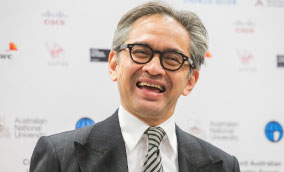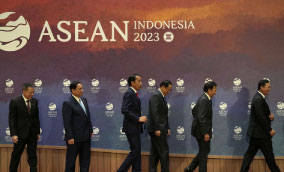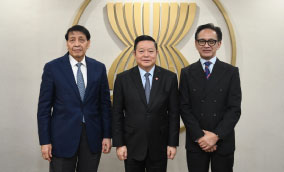DR. R.M. MARTY M. NATALEGAWA served as Foreign Minister of Indonesia (2009 – 2014). He is the author of “Does ASEAN Matter? A view from Within” (ISEAS Publishing - 2018).
He is a member of the UN Secretary-General’s High Level Advisory Board on Mediation; the UNSG’s Advisory Board on Disarmament and the Board of Trustees of the United Nations Institute for Disarmament Research. He served in the UNSG’s High Level Panel on Global Response to Health Crises and UN President of the General Assembly’s 72nd Session Team of External Advisors.
He is a member of the International Academic Advisory Committee of the Oxford Centre for Islamic Studies; the Board of Directors of the Global Centre for Pluralism, Ottawa; the Southeast Asia Advisory Board of the Centre for Strategic and International Studies (CSIS – Washington, D.C.); the Global Advisory Committee of the Jeju Forum; the University of Western Australia Public Policy Institute Advisory Board; and Honorary Board of the Bank of Indonesia Institute. He is also presently Asia Society Policy Institute Distinguished Fellow, a Distinguished Visiting Fellow in the S. Rajaratnam School of International Studies and Visiting Fellow at Oxford Centre for Islamic Studies. He is the Chairperson of the Asia Pacific Leaders Network (APLN) for nuclear non-proliferation and disarmament. He is also a member of the “International Group of Eminent Persons for a world without nuclear weapons” set up by the Government of Japan.
Dr. Natalegawa was Permanent Representative/Ambassador of Indonesia to the UN (2007-2009); Ambassador to the UK and also to Ireland (2005-2007). He served in various capacities within the Ministry of Foreign Affairs of Indonesia between 1986 and 2014, including as Director General for ASEAN Cooperation, Director for International Organizations, Chief of Staff, and Spokesperson of the Ministry.
Within ASEAN, he has been instrumental in pushing for the ASEAN Community through the 2003 Bali Concord II; contributed in initiating the East Asia Summit, the 2011 Bali Concord III on ASEAN Community in the global community of nations, and the 2011 “Bali Principles” which provides for peaceful settlement of disputes and the repudiation of use of force amongst the countries of the EAS. He was an early advocate of an ASEAN role in the Indo-Pacific through the concept of “dynamic equilibrium”. Throughout, including as Foreign Minister, he actively promoted the management and resolution of potential conflicts in the region.
Within the UN, he served, among others, as President of the Security Council in November 2007 and Chair of the Security Council Sanctions Committees on the DRC and Rwanda, as well as the Working Group on Peacekeeping Operations. He also served as Chair of the UN Special Committee on Decolonization. He led Indonesia’s delegation at numerous multilateral negotiations, both within the UN and beyond. He was instrumental in securing Indonesia’s ratification of the Comprehensive Nuclear Test Ban Treaty (CTBT) in 2012.
Dr. Marty Natalegawa was awarded the Satyalancana Wira Karya medal from the Government of the Republic of Indonesia in 2011. On 17 August 2014, he was awarded the Bintang Mahaputra Adipradana medal. The medals are awarded to individuals for their service to the nation.
In November 2012, he was made Honourary Knight Commander of the Order of St. Michael and St. George (KCMG) by Her Majesty Queen Elizabeth II of the United Kingdom of Great Britain and Northern Ireland.
He has been cited as “one of the most respected foreign policy and international security thinkers of his generation, both within Indonesia, in South-east Asia, and in the broader Asia-Pacific region”.
He earned a D.Phil. from the Australian National University; an M.Phil. from University of Cambridge; and a BSc (Hons) from the London School of Economics and Political Science (LSE).



